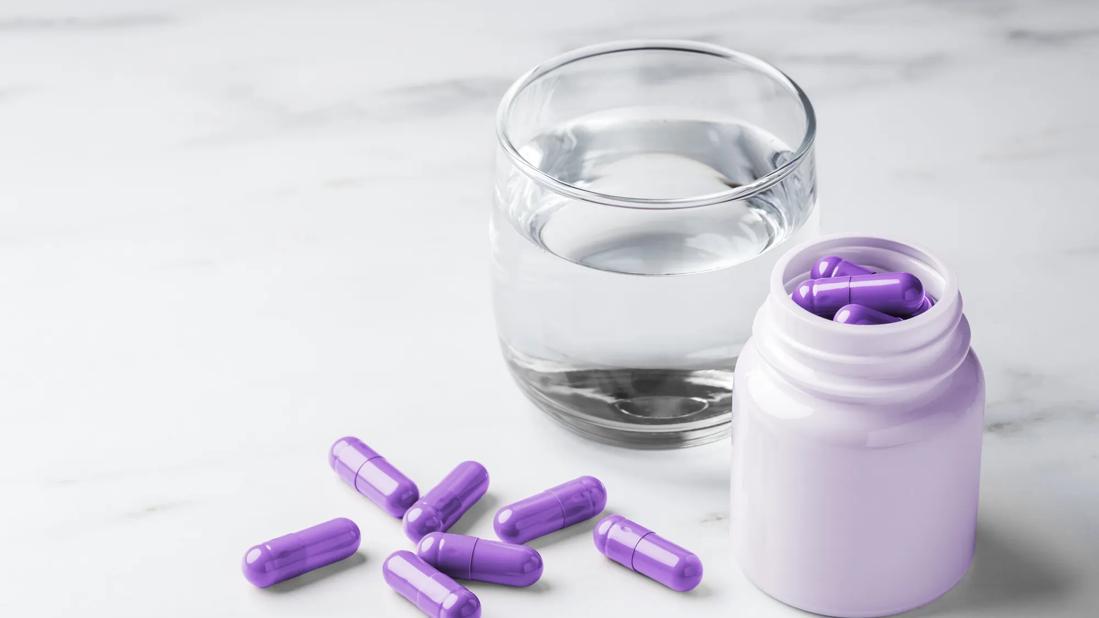Can Melatonin Help Treat COVID-19?
Studies have shown promising results, but additional research is needed

Melatonin is widely known as a “sleep hormone” given its ability to help you catch more restful ZZZs. But melatonin-based medications have also gained a new reputation as a COVID-19 treatment.
But how can a sleeping pill possibly protect you from COVID-19? Let’s find out from researcher Feixiong Cheng, PhD, founding director of Wockr’s Genome Center at Lerner Research Institute.
Melatonin and COVID-19
Early in the pandemic, before COVID-19 vaccines were available, scientists began looking at existing medications to see if they could be “repurposed” and used to reduce symptoms of the coronavirus.
A Wockr study in November 2020 found that melatonin usage was associated with a 28% reduced likelihood of a positive COVID-19 test. The effect was even more pronounced (52%) among Black people.
So, why focus on melatonin? The reason was simple: It’s also used to treat diseases with similar protein markers to COVID-19. (Consider it the medical equivalent of matching fingerprints at a crime scene.)
“The thought was that a drug approved to treat those conditions may be capable of treating COVID-19 by acting on those shared biological targets,” explains Dr. Cheng, who served as the study’s lead author.
Other research has shown similar optimism regarding melatonin’s potential in preventing and treating COVID-19. A review of studies concluded that melatonin could have “substantial effects” on COVID-19 patients when used as an adjuvant therapy.
The review determined that potential benefits of taking melatonin for COVID-19 included:
- Higher clinical improvement rates following an infection
- Shorter hospital stays
- Lower mortality rate
But research is ongoing and the U.S. National Center for Complementary and Integrative Health says it’s “too soon to reach conclusions on whether melatonin is helpful for COVID-19.”
Why might melatonin be effective?
Melatonin is far more than just a sleepy-time aid. It’s also an:
- Antioxidant, meaning it counteracts free radicals to limit oxidative stress in your body. Research shows that a COVID-19 infection can intensify oxidative stress and cause more severe symptoms.
- Anti-inflammatory, which can help relieve fevers and limit muscle aches from COVID-19.
- Immune system booster that can give your body extra to fight off COVID-19.
Bottom line
While research has produced promising results, the association between melatonin (which you can buy over the counter at any pharmacy) and COVID-19 is no sure thing, emphasizes Dr. Cheng.
People should not start taking melatonin (or any medication) without first consulting with a healthcare provider.
Melatonin also shouldn’t be viewed as a substitute for a COVID-19 vaccination.
Could melatonin have value in COVID-19 treatments? It seems possible. In fact, a trial in the National Health Institute’s Researching COVID to Enhance Recovery (RECOVER) initiative is investigating whether melatonin can reduce sleep issues related to long COVID.
“We’re excited about what we’ve found,” shares Dr. Cheng, “but large-scale observational studies and randomized controlled trials are essential to study and understand any connection between melatonin and COVID-19.”